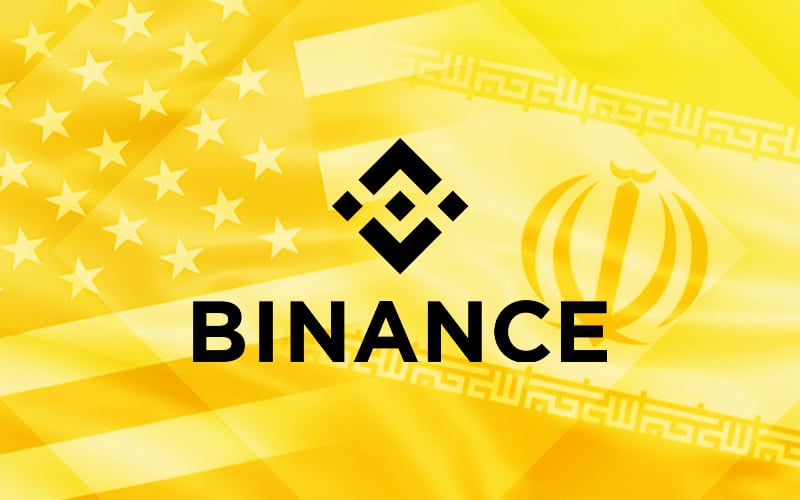According to lawyers and sanctions specialists who spoke to Reuters, the possibility that Iran’s citizens continue to use Binance after US sanctions may pique the curiosity of American regulators.
“There were some alternatives, but none of them were as good as Binance. It didn’t need identity verification, so we all used it,” says Tehranian trader Asal Alizade.
A company ban on doing business in Iran also didn’t stop Binance from processing the cryptocurrency “trades by clients in Iran,” per Reuters’ investigation.
But legal experts also reason that Binance’s unique incorporation structure protects it from direct US sanctions. The traders in Iran also used the Binance exchange (a non-US company) and not Binance.US.
Non-US CEXs “can face consequences for facilitating sanctionable conduct whereby they have exposure for allowing the processing of transactions for sanctioned parties, or if they’re on-boarding those types of users,” says Erich Ferrari, principal attorney, Ferrari & Associates, Washington.
Reuters, however, “did not find evidence that sanctioned individuals used Binance.”
In 2018, the sanctions were reimposed by the US government. In November 2018, Binance officially announced it would stop serving users from Iran. In May 2020, citing Binance Chief Compliance Officer Samuel Lim, Reuters states Iran made it to the “strictly no” list of countries.
Although, in an investigative interview by Reuters, seven traders confessed to having dodged the ban up until September 2021. These users couldn’t use Binance only after the CEX revamped its anti-money laundering measures. Up until then, just an email address would suffice to register with and use Binance in Iran.
Even beyond the Reuters’ investigation, eleven Iranians are known to have mentioned: “on their Linkedin profiles that they too traded crypto at Binance after the 2018 ban.”
Also Read: Iran to Begin Pilot process of CBDC ‘Crypto Rial’ in Two Months
Binance’s popularity in Iran is quite well-known internally by the seniors, who “knew of and joked about, the exchange’s growing ranks of Iranian users.”
After Western sanctions on Russia, Binance stated in a blog that it “follows international sanction rules strictly.” The CEX also clarified to have set-up a “global compliance task force, including world-renowned sanctions and law enforcement experts.”
Binance states it has in place “banking-grade tools” to stop those individuals or entities on sanctions from using the exchange.
The holding company of Binance, a CEX with no single headquarter, is in the Cayman Islands. The primary entity that hosts its Binance exchange, and that doesn’t accept US customers, isn’t known in the public domain. It’s this primary entity that is “controlled by Binance founder and CEO Changpeng Zhao.”
Binance simply needs to avoid reputational damage from secondary sanctions.






